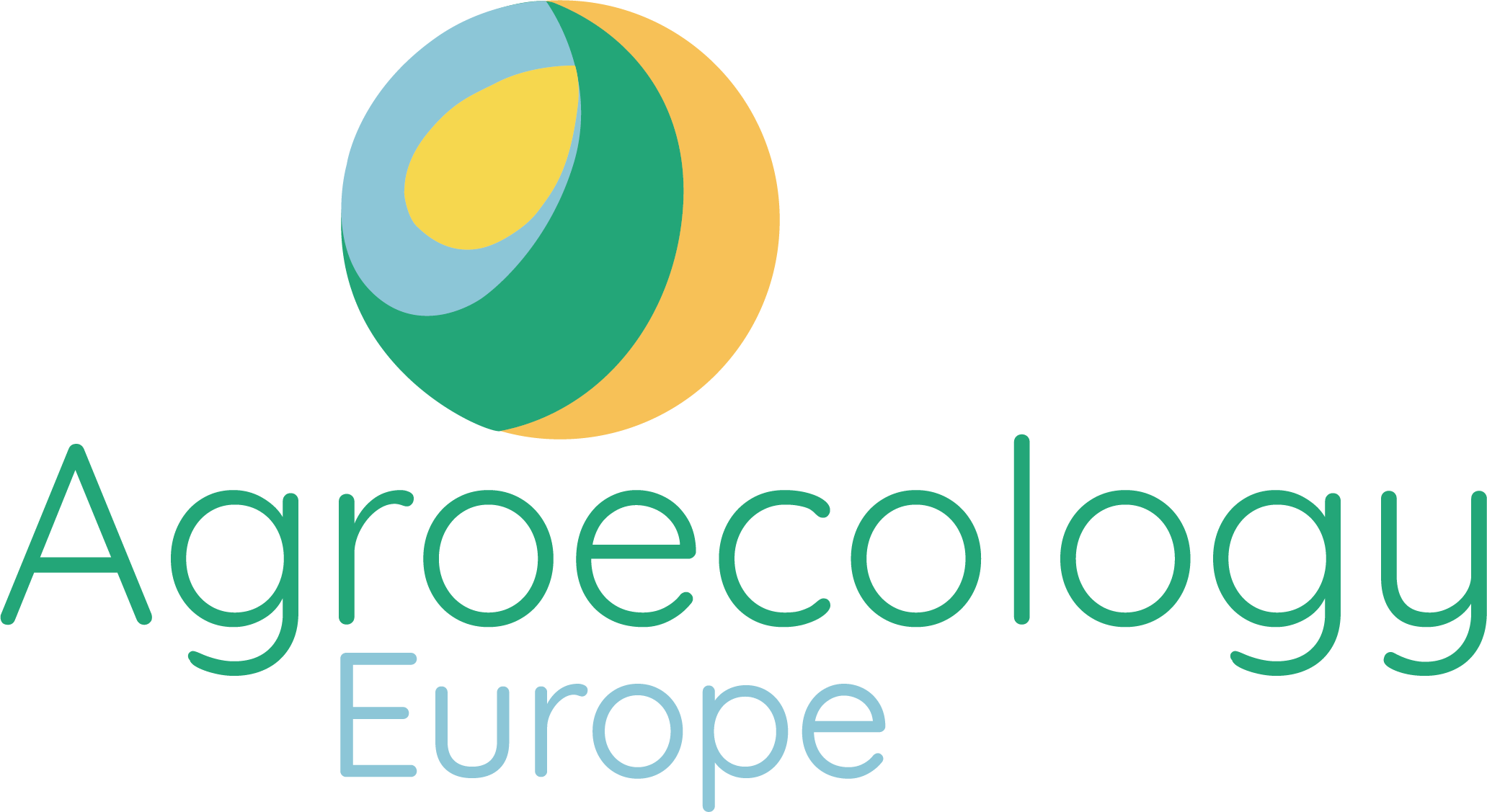The report criticises the EU’s fatal dependency on pesticides – foodwatch presents a crop-by-crop strategy for a pesticide-free EU agriculture by 2035 and calls for EU-wide pesticide tax.
The international consumer organisation presented a concrete crop-by-crop strategy for a pesticide-free EU agriculture by 2035. The first and most important step towards this would be the introduction of an EU-wide pesticide tax, foodwatch demanded in its new report. The use of pesticides and herbicides has even increased in recent years – with fatal consequences for biodiversity, climate protection and soil quality.
“EU agriculture is locked-in to the pesticides trap. Europe’s dependency on harmful pesticides is a severe disease that has completely captured our agricultural system. The enormous damage and costs associated with this have not yet been priced in, let alone systematically remedied. This is no way to build a resilient and sustainable EU food system” said Matthias Wolfschmidt, Strategy Director of foodwatch International. “It is possible and absolutely realistic to create a pesticide-free EU agriculture by 2035, if the political decisions necessary are taken. Unsustainable practices such as pesticide use must become more expensive – for example via a pesticide tax based on toxicity, while we need more financial incentives for sustainable production.”
In its “farm-to-fork” strategy, the European Commission had for the first time at least set targets for pesticide reduction – however, the measures proposed in the draft of the Sustainable Use Regulation (SUR) are not suitable and the indicator to measure success is deceptive, foodwatch criticised. Instead of merely setting targets, foodwatch demanded concrete and effective measures. It is not enough to demand crop specific and detailed rules on integrated pest management, when farmers are in a socio-economic lock-in forcing pesticide use. The problem cannot be solved on farm level alone.
In addition to a pesticide tax, foodwatch urged a reform of the current pesticide authorisation practice and a reallocation of EU agricultural subsidies. The current authorisation practice is too weak and allows almost any application applied for, foodwatch criticised. All authorisations for pesticides should therefore be reviewed for their absolute necessity. Further, EU agricultural subsidies should be paid out for stopping the use of pesticides and creation of independent farm income. This would make it economically worthwhile for farmers to get out of the pesticide trap.
Lars Neumeister, independent expert on pesticides and author of the foodwatch-report said: “We are in a climate crisis and biodiversity crisis. Tackling Europe’s dependency on pesticides will help us solve several agricultural issues at the same time. There are no technical barriers, but solely political ignorance. The question at stake is: Are we for or against future food security in the EU?”
